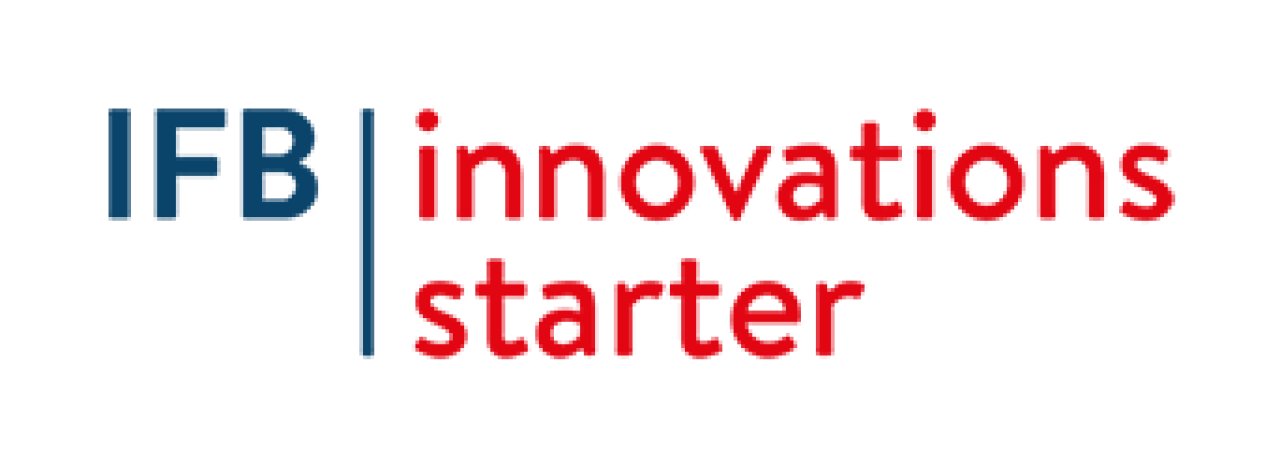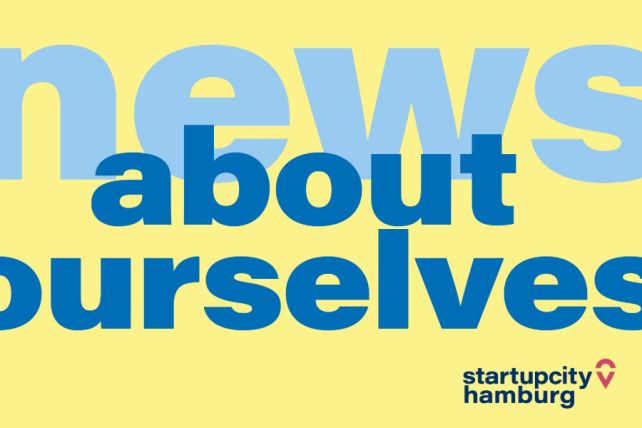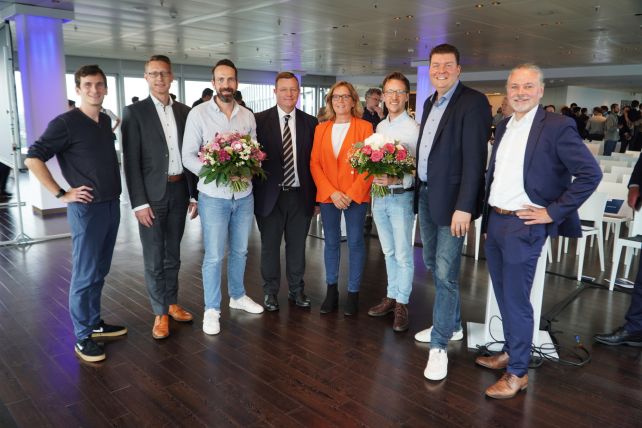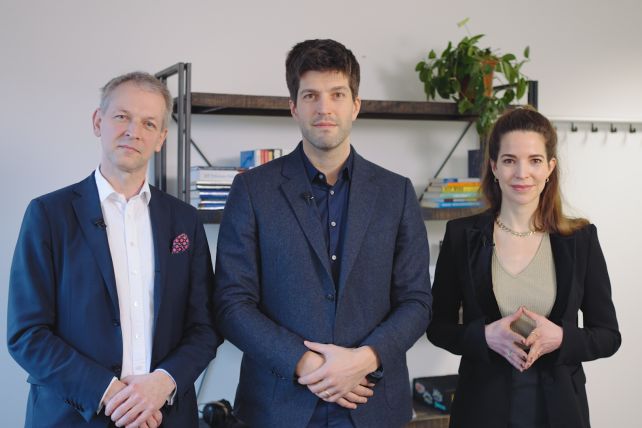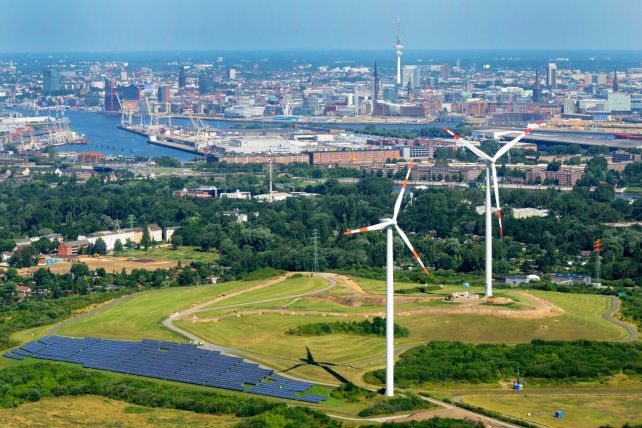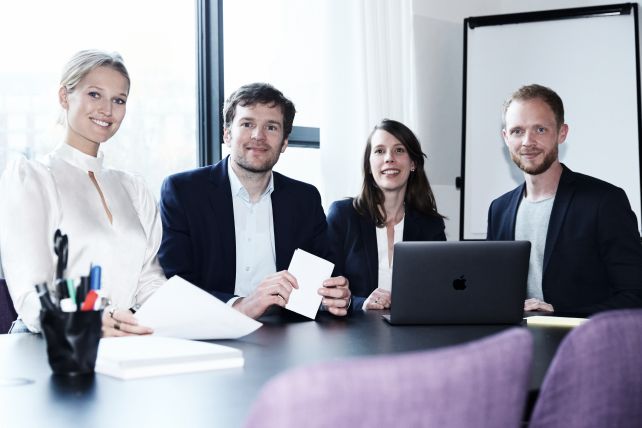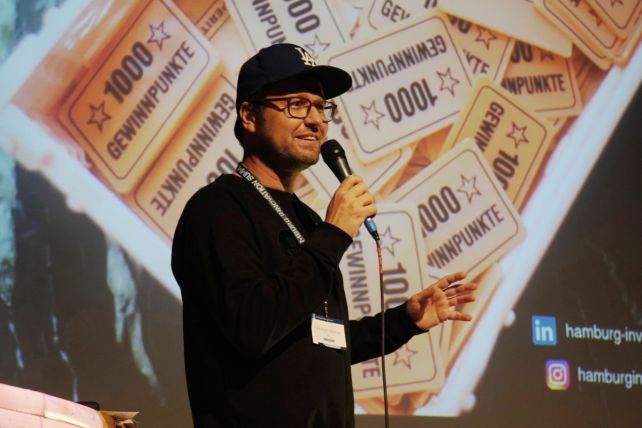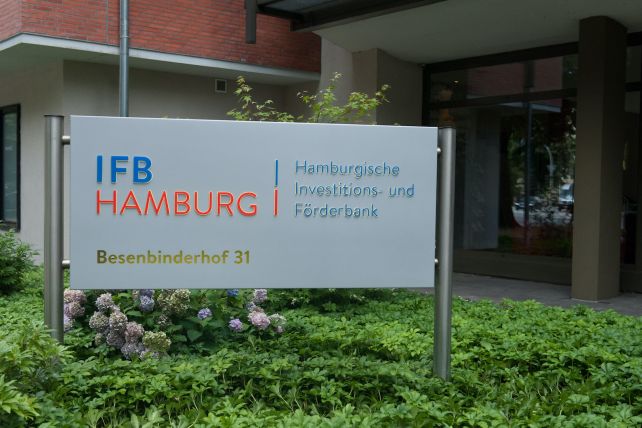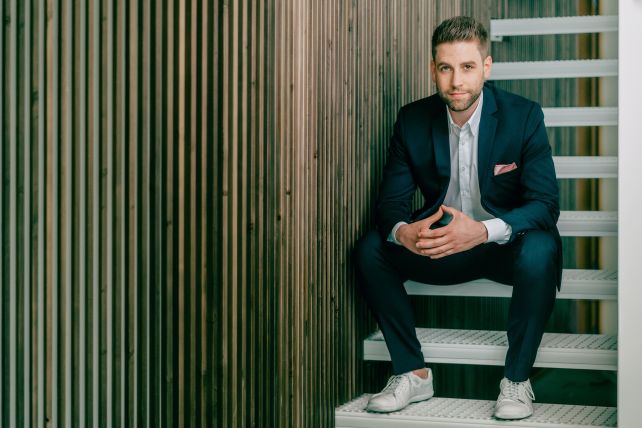When it comes to supporting startups at the very beginning of their development, Hamburg is considered exemplary. In particular, the grant programmes of IFB Hamburg and its subsidiary IFB Innovationsstarter GmbH provide valuable services here. It becomes more difficult in later company phases, but here too there are suitable programmes for seed and series A financing rounds. Dörte Bunge from IFB Innovationsstarter GmbH explains to us in an interview what these are and how startups can benefit from them.

Dear Dörte, thank you for taking the time to talk to us!
To begin with, please tell us how the IFB Innovationsstarter GmbH funding programmes got started.
With pleasure! It all started in 2011, when the current First Mayor Dr Peter Tschentscher had just been appointed Senator for Finance. At that time, the first Innovationsstarter Fonds was launched. The city wanted to use it to support promising startups. The volume was 12 million euros, and we didn't know whether there was a need on this scale at all. We were quickly put right!
What requirements must a startup fulfil in order to be considered for the Innovationsstarter Fonds?
A concept with a high degree of innovation and a clear unique selling point is important. The business model should also be scalable and ideally be able to demonstrate initial success on the market. Another factor is the team: it should be complementary and be able to deal with the resistance that is inevitable in the startup world. Solopreneurs tend not to be suitable for the programme. In addition, there are formal criteria such as the company's headquarters or business premises in Hamburg and a maximum age of less than five years.
Should a startup aim for an exit?
Yes, definitely. We act as a venture capital provider, so the usual goal is an exit, in short, the profitable sale of the company, in the course of which we terminate our investment. If you rule this out from the outset and want to grow old with your startup, you should look for more suitable financing alternatives.
You define your involvement as a seed investment. Does that mean that a startup must have already completed a pre-seed round?
Not necessarily. We also accept startups that have previously financed themselves or have only received smaller tickets from business angels. It is even an advantage if not too many investors have been involved so far. More than 50 % of the company shares should still be held by the founding team. As a rule, we are the first institutional investor.

How many shares do I have to give up and what do I get in return?
This varies from case to case and of course also depends on the current company valuation and the size of the financing round. Normally, a startup should expect to receive 15 to 20 %. We prefer to invest together with other investors. We have a total of up to 1.5 million euros available per startup. On average, we contribute 500,000 euros to a round. In some cases, the maximum is 800,000 euros, such as with BLUU Seafood, which presented a particularly convincing business model with its cultivated fish from cell cultures.
You said that you only invest together with other investors. Can you help the startups in their search?
Ideally, the startup has already made promising contacts when it applies to us. In individual cases, however, we can put out feelers via our extensive network and issue a kind of letter of recommendation via a term sheet.
How long does it usually take from the initial application to the funding being paid out?
That depends on how deep we have to go into due diligence, checking all the relevant data and facts. You should reckon with at least three months. But there is a shortcut: with the so-called fast track, we only invest up to 250,000 euros, but the process only takes six to eight weeks.
What stage are you currently at with the Innovationsstarter Fonds?
We are currently investing from the third fund. It should be fully financed by the end of 2027, so it's still a good time to apply. We invest in up to five startups per year. The current fund has a total volume of 15 million euros. 60% of this comes from the City of Hamburg, 40% from the European Regional Development Fund (ERDF). In total, we have invested in more than 50 startups with our Innovationsstarter Fonds.

You said earlier that the goal is an exit. Surely there are already some successful examples.
Of course, this doesn't always work out for various reasons, but we have actually been able to write some great success stories. One that springs to mind is CUSTOMCELLS, a startup that began as a spin-off from the Fraunhofer Institute and produces highly efficient customised lithium-ion battery cells. Another good example is HQLabs, which was able to impress with its agency software. Part of the original team around founder Tobias Hagenau is already well on the way again with the new startup awork.
The Innovationsstarter Fonds can therefore already look back on many successful years. Until now, however, it has lacked a programme to support larger financing rounds in the millions. This has changed in the last six months with the introduction of the InnoVentureFonds.
That's right. The InnoVentureFonds is intended for startups that have already successfully completed the seed phase and are now seeking a series A financing round. In principle, similar application criteria apply here as for the Innovationsstarter Fonds, only somewhat stricter. A successful market presence is a prerequisite, and ideally a contribution to solving social challenges is also required. Startups from capital-intensive areas such as biotech or quantum computing do not, of course, have to be successful on the market yet. A total of 60 million euros is available. A startup can receive up to seven million euros from the fund, but at least two million euros. We are delighted to be able to support startups after the seed phase now as well.
Do other investors need to be on board here too?
Yes, the ideal ratio is at least 50:50, which means that if we invest two million euros, then at least two million should also come from other sources. Compared to existing investors, we favour new players who come on board on the same terms as we do.
How much time is required?
As the assessment is even more extensive here than with the Innovationsstarter Fonds, you should allow at least six months.
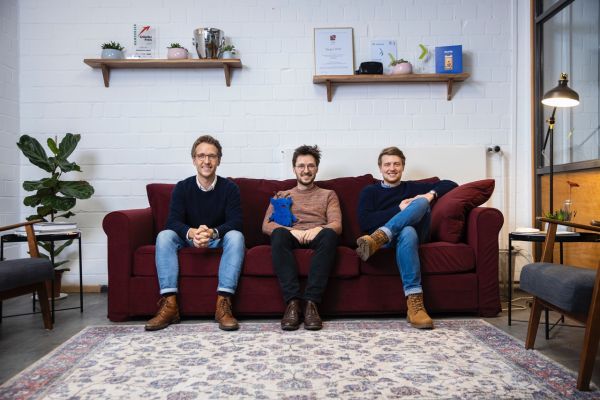
Four startups have already received the new funding. Is there a particularly good example?
I would like to mention Sympatient, which has developed a digital therapy for anxiety disorders. We are a little proud of this startup as it has qualified for several of our programmes, first InnoRampUp, then the Innovationsstarter Fonds and now the InnoVentureFonds. We have been able to observe Sympatient's development over many years, which makes the decision-making process easier and shows how our funding vehicles interlock and can support a startup over a longer period of time, from its foundation to its growth.
Is that a prerequisite for an application?
No, of course startups that we have had nothing to do with so far can also apply. And if the funding programme they are looking for is not suitable, we can often name an alternative. After all, we at IFB Innovationsstarter GmbH are broadly positioned, so there are many opportunities.
Thank you very much for talking to us!
-
Go find your perfect investor!
Do you have an innovative business idea and need startup financing? Or is your startup already established and you are planning to scale your business? We will give you an overview of the various forms of investment, reveal what is important for the perfect pitch deck and accompany you on the way to the right investor.
-
Discover the most important VCs in Germany
Money from large venture capital companies is still an important turbo for the growth of startups. Even if VC managers are currently acting very cautiously: Founders, especially in the tech sector, can hardly avoid professional capital managers. Here you will find an overview of the most relevant VCs and funding companies in Germany.

